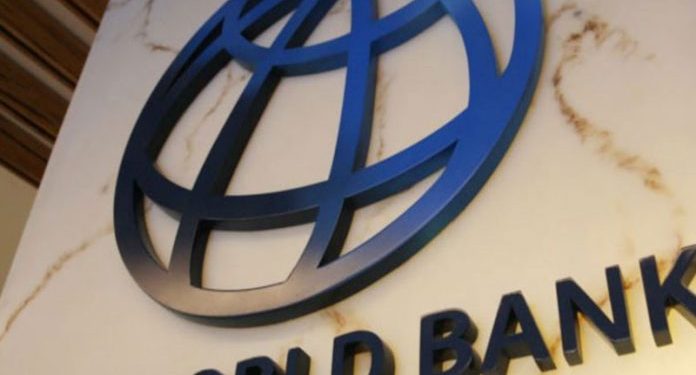In a positive turn of events, the World Bank has projected a 3.3% growth for Nigeria’s economy in the current year, exceeding last year’s closing figures of 2.9% by 0.4 percentage points. The latest Global Economic Prospect (GEP) report from the World Bank indicates a promising trajectory for the Nigerian economy, even as it slightly trails behind the anticipated 3.8% expansion for sub-Saharan Africa (SSA) and outpaces the estimated global average of 2.3%.
The World Bank’s confidence in Nigeria’s economic prospects extends to 2024, with a forecast of a 3.7% growth rate, surpassing the expected global output growth. These projections for 2024 and 2025 show a marked improvement from the June forecasts of 3% and 3.1%, respectively, indicating a growing optimism since the implementation of downstream oil and foreign exchange reforms initiated in mid-last year.
Attributing the positive outlook to macro-fiscal reforms initiated in June, the World Bank highlighted the gradual fruition of these measures. The report underscores the expectation that per capita income will return to its pre-pandemic level by 2025. Key sectors such as agriculture, construction, services, and trade are anticipated to be the primary drivers of this economic growth.
The World Bank’s assessment also addresses concerns about inflation in Nigeria, stating that it will “gradually ease as the effects of last year’s exchange rate reforms and removal of fuel subsidies fade.” The structural reforms implemented are expected to enhance fiscal revenue, contributing to the overall economic stability.
These projections suggest a favorable economic landscape for Nigeria, showcasing the resilience and adaptability of the nation in the face of global challenges. As the country continues to implement and benefit from ongoing reforms, the World Bank remains optimistic about Nigeria’s ability to sustain and build on its economic momentum in the coming years.















